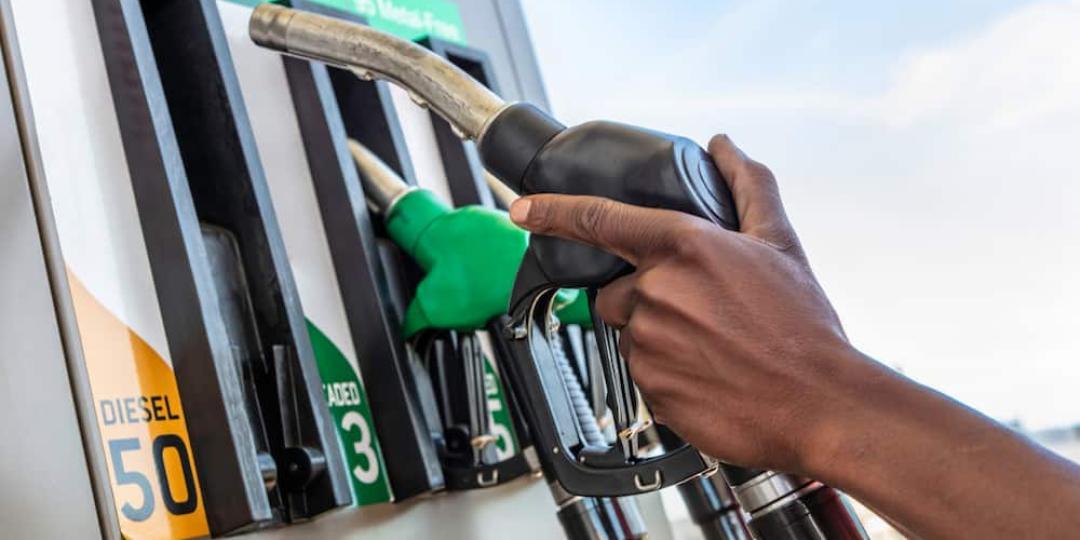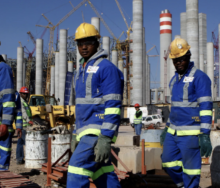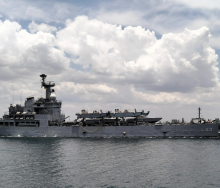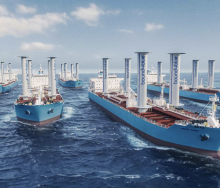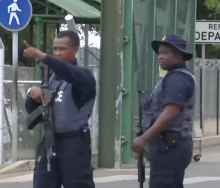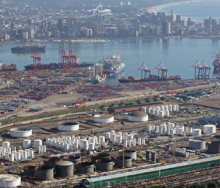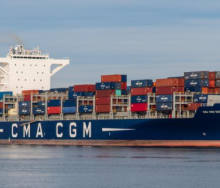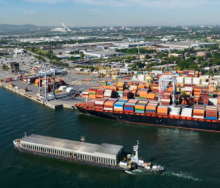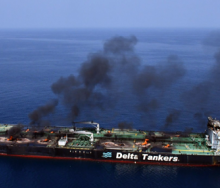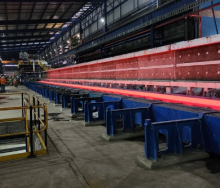Finance Minister Enoch Godongwana announced an emergency fuel price intervention – a temporary R1.50-per-litre reduction in the general fuel levy - in the national assembly on Thursday afternoon.
Treasury and the Department of Mineral Resources and Energy (DMRE) said in a joint statement that the escalation in oil prices was due to the global economic recovery as Covid restrictions had been eased, and the war in Ukraine which had placed “significant pressure” on domestic fuel prices and other commodities.
“Extensive consultations have been held between the National Treasury and the Department of Mineral Resources and Energy as announced in the 2022 Budget to explore measures to provide short-term relief to consumers and to reduce fuel prices over the medium term,” the departments said.
They agreed on a “two-phase approach” consisting of an immediate intervention for the next two months, and a package of measures to reduce prices when the temporary measures end after two months.
This is in addition to announcements made in the 2022 Budget where no changes were made to the general fuel levy and the Road Accident Fund levy, providing tax relief of R3.5 billion.
Godongwana proposed that the general fuel levy be temporarily reduced by R1.50 per litre from April 6, 2022 to May 31, 2022. This will reduce the general fuel levy for petrol from R3.85 per litre to R2.35 per litre and reduce the general fuel levy for diesel from R3.70 per litre to R2.20 per litre for two months. These amounts exclude other levies such as the Road Accident Fund levy and the Carbon Fuel Levy.
It is estimated that the partial reduction in the fuel levy will cost around R6 billion in forgone tax revenue for the two-month period. The temporary reduction will be funded by the liquidation of a portion of the strategic crude oil reserves. The sale would be required to raise around R6 billion.
The DMRE proposed additional measures under “phase two” to be introduced after the expiry of the temporary measures from June 1, 2022. This includes a reduction in the Basic Fuel Price of 3c/l, in line with the recommendations of the review done by the DMRE.
He also proposed the termination of the Demand Side Management Levy (DSML) of 10c/l on 95 unleaded petrol sold inland and the introduction of a price cap on 93 octane petrol, following the previous DMRE proposal and consultation.
“This will allow retailers to sell at a price below the regulated price,” the department said. The termination of the practice to publish guidance by the DMRE on diesel prices will also promote greater competition.
“The Regulatory Accounting System, including the retail margin, wholesale margin and secondary storage and distribution margins, will be reviewed to assess whether adjustments can be made to lower the margins over the medium term. Interventions will be considered by the DMRE to reduce the price pressure for illuminating paraffin over the medium term,” the department said.
